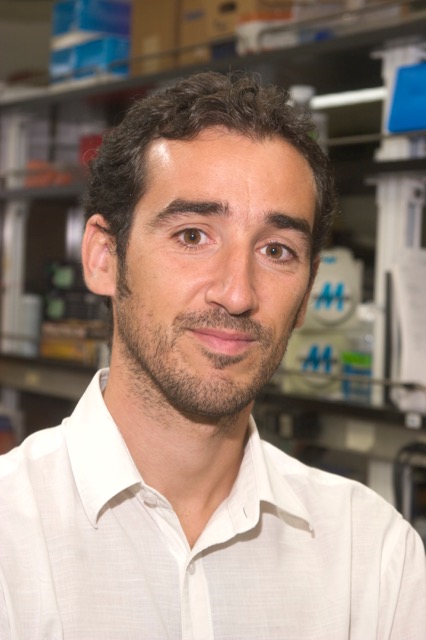Specialized iNANO Lecture: Using Nature’s “Tricks” to Design and Optimize DNA-based Sensors
Francesco Ricci, Laboratory of Biosensors & Nanomachines, University of Rome, Tor Vergata
Info about event
Time
Location
iNANO auditorium (1593-012), Gustav Wieds Vej 14, 8000 Aarhus C

Associate professor Francesco Ricci, Laboratory of Biosensors & Nanomachines, University of Rome, Tor VergataUsing Nature’s “Tricks” to Design and Optimize DNA-based SensorsNature employs biomolecular receptors such as proteins and nucleic acids for high affinity, high specificity recognition of an enormous range of molecular targets. Such naturally-occurring receptors are based on different recognition mechanisms that allow to reach optimal specificity and sensitivity. Moreover, during millions of years of evolution, Nature has invented a number of “tricks” by which the input/output behavior of such receptors can be finely tuned and optimized. | |
Host: Assistant professor Ebbe Sloth Andersen, Interdisciplinary Nanoscience Center, Aarhus University |
